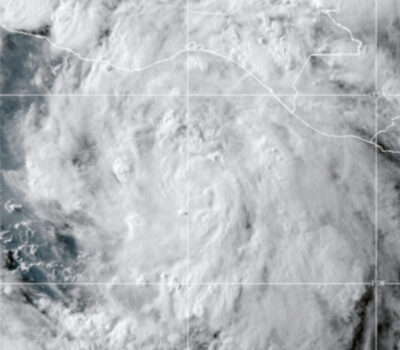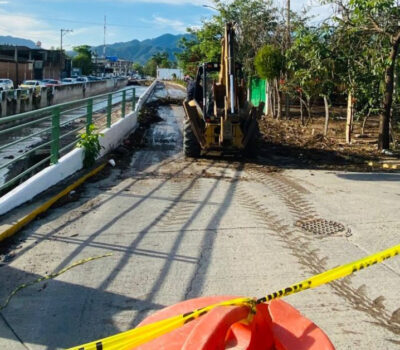
Challenges and Considerations
Moving to Mexico presents expatriates with a wealth of opportunities to experience a new culture, but it also brings a set of cultural challenges that require adjustment and understanding. One of the primary challenges is the language barrier. While English is spoken in tourist areas and among some professionals, Spanish is the predominant language used in daily life. Expats may find it difficult to communicate effectively in situations such as shopping, accessing services, or engaging with locals. Learning Spanish becomes essential not only for practical purposes but also for deeper cultural immersion and building relationships.
Another challenge lies in understanding and adapting to different social norms and etiquette. Mexican culture places a strong emphasis on personal relationships and social interactions. Greetings are warm and often include a handshake or a kiss on the cheek, even with acquaintances. This level of physical closeness may be unfamiliar to those from cultures with more personal space. Additionally, Mexicans value politeness and indirect communication. Expats might need to adjust to subtler ways of expressing disagreement or delivering negative feedback to avoid causing offense.
The concept of time can also be a cultural hurdle. In Mexico, there is a more relaxed attitude toward punctuality, especially in social settings. Events may start later than scheduled, and deadlines can be more fluid. This approach contrasts with cultures that prioritize strict adherence to time, potentially leading to frustration or misunderstandings. Adapting to this flexible perception of time requires patience and a shift in expectations.
Navigating bureaucratic processes presents its own set of challenges. Obtaining visas, work permits, or dealing with governmental agencies may involve more paperwork and longer wait times than expats are accustomed to. Procedures can be complex and may lack clear instructions, sometimes necessitating multiple visits or consultations with officials. Understanding the importance of patience and possibly seeking assistance from professionals familiar with the system can ease this transition.
Workplace culture in Mexico may differ significantly from that of other countries. Hierarchical structures are common, and respect for authority and seniority is emphasized. Decision-making processes might be slower, involving consultations and consensus-building. Personal relationships and trust play a crucial role in business dealings. Expats may need to invest time in developing rapport with colleagues and partners, recognizing that professional interactions are often intertwined with social ones.
Safety perceptions can also be a concern. While many areas in Mexico are safe, media reports may create a heightened sense of insecurity. Expats might grapple with anxiety over personal safety, leading to restrictive behaviors that limit their ability to fully experience the country. Educating oneself about local conditions, practicing common-sense precautions, and engaging with the community can mitigate these fears.
Cultural differences in daily life, such as dietary habits and lifestyle, may require adjustment. Meal times in Mexico are often later, with lunch being the main meal of the day, sometimes lasting several hours. The importance of family gatherings and social events might conflict with an expat’s usual routines. Embracing these customs can enrich the experience but may also necessitate flexibility and openness to change.
Religious and traditional customs are deeply ingrained in Mexican society. Catholicism plays a significant role, and religious festivals and holidays are widely celebrated. Understanding and respecting these traditions is important, but expats might find it challenging to navigate practices that are unfamiliar or differ from their own beliefs. Participation or respectful observation can foster acceptance and integration.
Environmental differences, such as climate and urban infrastructure, might pose practical challenges. Adjusting to hotter climates, dealing with different standards of utilities, or encountering varied approaches to environmental conservation can impact daily comfort and expectations. Adapting to these conditions involves both practical preparations and a willingness to accept new ways of living.
Finally, dealing with stereotypes and preconceived notions can be a two-way challenge. Expats may hold misconceptions about Mexico that affect their interactions, while locals might have assumptions about foreigners. Breaking down these barriers requires open-mindedness, respectful dialogue, and a genuine interest in understanding each other’s perspectives.
Mexico, a nation rich in history, culture, and natural beauty, offers a vibrant and diverse lifestyle that has captivated the hearts of many expatriates . . .












